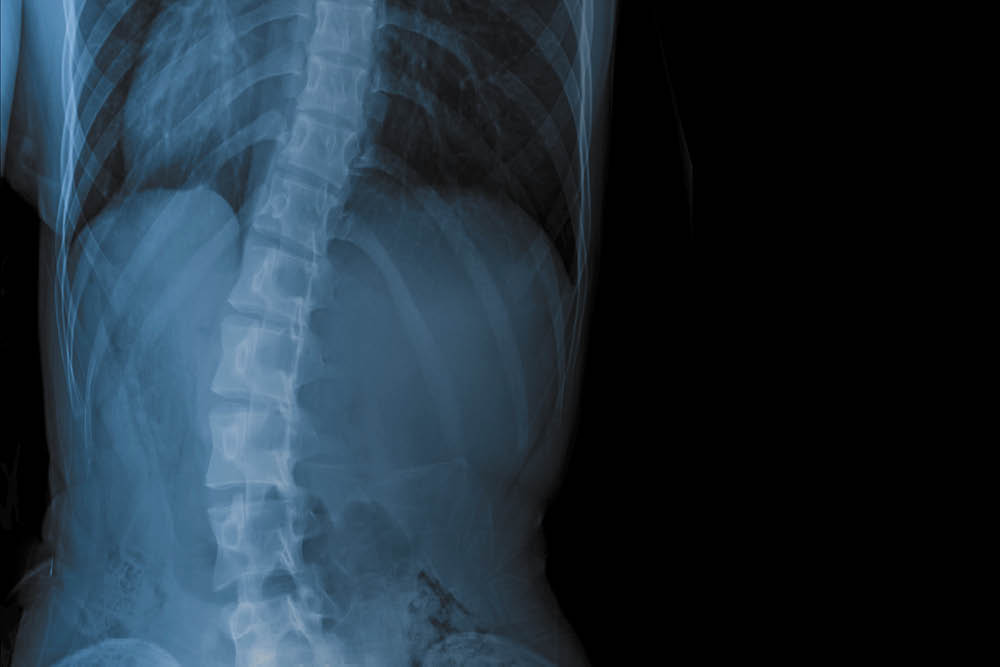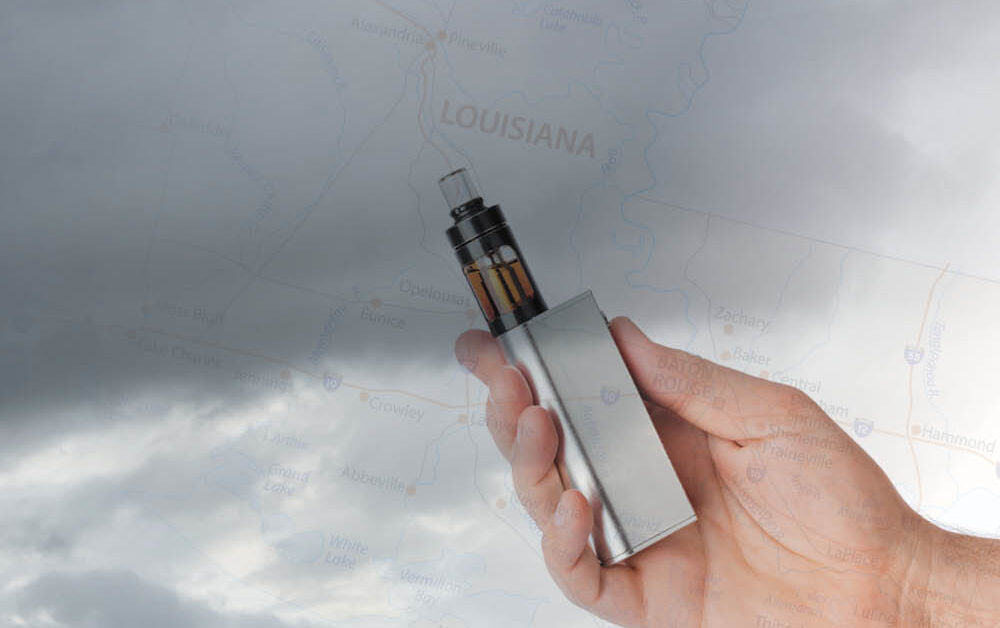
Managing a Scoliosis Diagnosis
June 2021
Community Foundation Emergency Relief Fund Reactivated
June 2021The most recent Louisiana Youth Tobacco Survey reported that approximately one in four middle school students and half of high school students have used vape products. The report also showed approximately one in seven middle school students and one in three high school students could be considered current vape users.
Youth vaping is not an issue that has bypassed the Southwest Louisiana community. In fact, local schools have taken on special initiatives to help address this concern.
“Vaping is absolutely something parents and teachers should be concerned about,” said Daniel Bryant, Reeves High School Assistant Principal. “At Reeves, we’ve added education and counseling opportunities to be combined with punitive measures. Disciplinary measures alone are not sufficient to deal with the vaping epidemic that our schools are facing.”
The Louisiana Campaign for Tobacco-Free Living (TFL) is helping schools like Reeves High School address the vaping epidemic. TFL provides education and support for schools and organizations fighting against vaping. In addition to direct support, TFL provides a youth advocacy program, Next Era (WeAreNextEra.org) and awareness campaigns, like its recent FUUL campaign (Fuul.us), a tongue-in-cheek take on the vape brand, JUUL.
“We strongly encourage Louisiana’s educational leadership and policy makers to heed these alarming youth vape statistics,” said Janice Ackley, TFL Southwest Louisiana Regional Manager. “Without regulations, education, addiction counseling, and proactive discipline young people will continue to be at risk now and later in life.”
The success at Reeves High School led to adoption of a new coordinated approach to student health across Allen Parish. Additionally, Beauregard Parish School Board is considering adopting a similar program. These programs focus on spreading information on the health and safety risks associated with the use of vaping products, along with promoting healthy diet and lifestyle practices.
Vaping is not currently regulated by the FDA and there has not been much research on the long-term effects these products have on brain development, which takes place until around age 25. Youth and young adults are also uniquely at risk for long-term exposure to nicotine. Nicotine, a primary ingredient in vape products, can be just as hard, or harder, to quit than heroin. Nicotine releases dopamine, making it pleasurable to use. When nicotine exposure is stopped, you have a deficiency of dopamine release, which causes anxiousness or depression.
“Vaping is one the many challenges facing today’s youth, which is why we need to be knowledgeable and compassionate in our response,” said Ackley. “I am delighted to be a resource for those in Southwest Louisiana looking to address this issue.”
The complete data report for the Louisiana Youth Tobacco Survey, as well as additional resources, including tips for parents, educators, and coaches on how to talk to teens about vaping are available at tobaccofreeliving.org.






